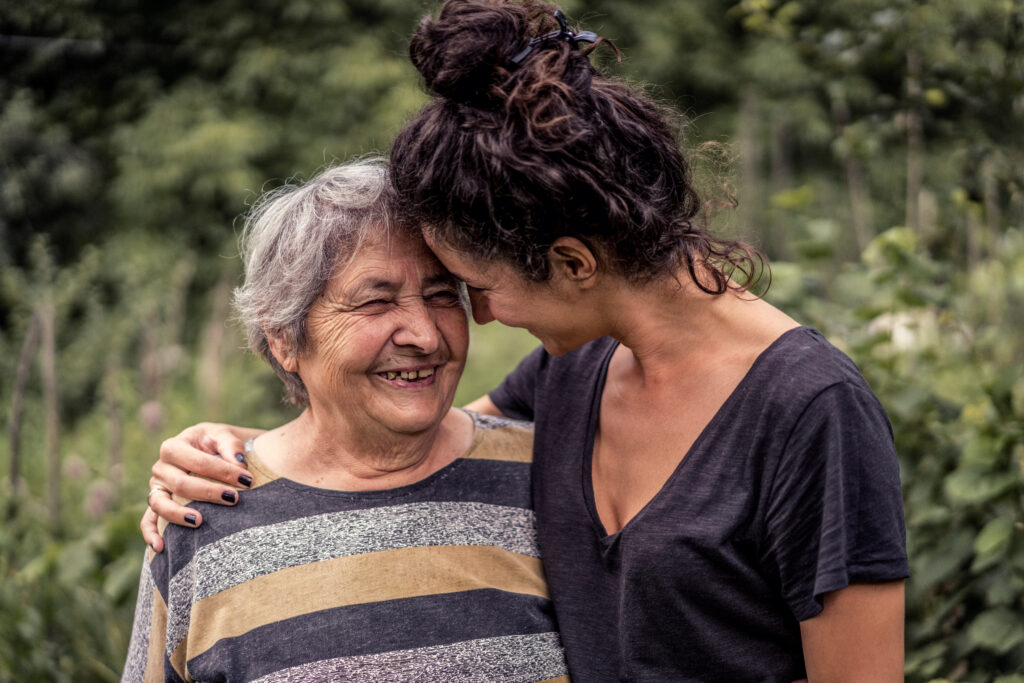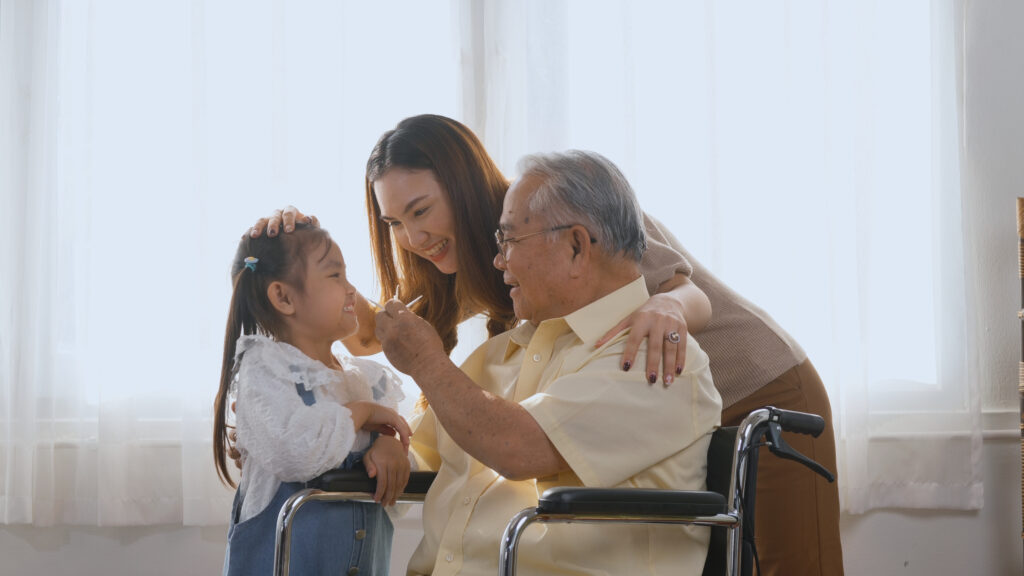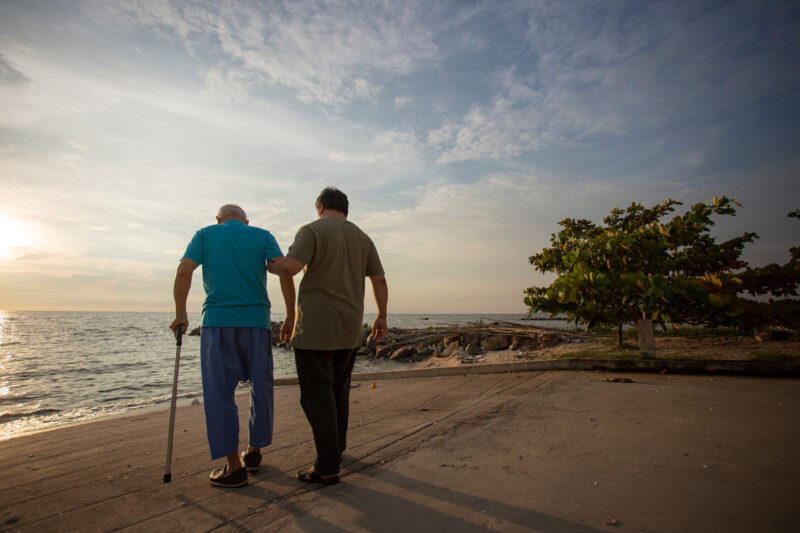Congress heard the voices of countless family caregivers with the recent release of the Recognize, Assist, Include, Support, & Engage (RAISE) Family Caregiving initial report to Congress, and help is on the way.
With this report, the RAISE Advocacy Council bestowed U.S. policy-makers with input from family caregivers across the country. Their many voices stated the many issues faced by family caregivers with recommendations for addressing them.
These recommendations are summarized by the “5 Priority Areas of the Recommendations”:
- Increased awareness of family caregiving
- Increased emphasis on integrating the caregiver into processes and systems from which they have been traditionally excluded
- Increased access to services and supports to assist family caregivers
- Increased financial and workplace protections for caregivers
- Better and more consistent research and data collection

This act also uncovered unifying characteristics of family caregivers, which will facilitate holistic governmental support to caregivers nationwide. These unifying characteristics, which are stated in this brief, “must be acknowledged as we look for more holistic ways of supporting them.” The report spells out the following traits:
1. A significant personal relationship or connection often exists between family caregivers and the people who receive support. Some caregivers provide assistance out of a wellspring of love and concern, but personal feelings are not always the driving force. Other caregivers provide care in response to tradition, culture, family expectation, and other factors. Often some combination of these reasons shapes the experience of family caregivers.
2. Many family caregivers are driven by the desire to help maintain the independence, dignity, engagement, and/or quality of life of the person they are supporting.
3. Caregivers often provide support without a formal assessment of their needs or of the person receiving support. They often learn “on the job,” taking on tasks they do not know how to do, or do not feel comfortable doing, and have little access to training or assistance. Further, there is little recognition of the difficulty of their responsibilities.
4. The nature of family caregiving is becoming ever more complex in the modern era as it extends to more medical, administrative, and care coordination activities than ever before. Caregiving today can include complex medication management, dealing with insurance payers, operating electronic equipment and medical devices, and coordinating care across systems.
5. No matter how emotionally rewarding, caregiving can leave caregivers financially, emotionally, and physically depleted, and socially isolated.
Why is the initial report important?
The ACL Council will combine these 26 recommendations with public engagement to transform the Act into the National Family Caregiving Strategy. This Strategy will identify actions that the federal government – along with states, local communities, health and long-term services and supports (LTSS) providers – and others can take to recognize and support family caregivers, and will include the following supportive measures:
- Family-centered approaches
- Assessment and service planning
- Greater respite options
- More options for information, education and training supports
- Strengthening financial security and addressing workplace issues
- Fostered improvements in service delivery
The strategy will provide a national road map toward giving family caregivers greater recognition, assistance, inclusion, support and engagement.

Why now?
This action to support family caregivers is a long time coming, but the COVID-19 pandemic served as the catalyst needed to spur the government into action.
“COVID-19 laid bare the need to address the urgent issues experienced by family caregivers,” said ACL Acting Administrator and Assistant Secretary for Aging Alison Barkoff in a release. “The pandemic exacerbated the challenges of family caregiving. Balancing work, family and caretaking became even more difficult, and in many cases, caregivers had to completely leave the workforce. The pandemic has created a new urgency and momentum to address caregiving.”
About the RAISE Advocacy Council
The Administration for Community Living (ACL) is centered on the fundamental principle that older adults and people of all ages with disabilities should be able to live where they choose, with the people they choose, and with the ability to participate fully in their communities.
To form the ACL Council, ACL reviewed nearly 300 nominations selecting nominees based on breadth of experience, qualifications and geographic and regional distribution to ensure the council reflected the dynamic nature of the family caregiving landscape.
Importantly, many of the council members are – or have been – either caregivers, people receiving support—or both.
This strategy brings hope to caregivers nationwide as it will be based on the true experience of family caregiving, with all of its complexities, demands and rewards. Watch this series of short videos to hear the stories that shaped this progressive movement.

